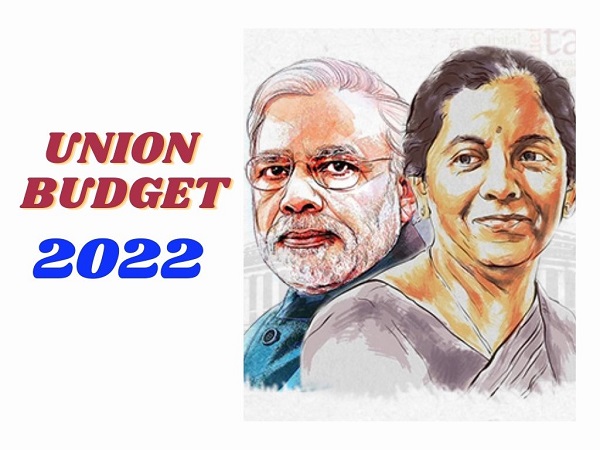Budget 2022: What Are The Expectations of Tax Payers & Investors?
On February 1, 2022, Finance Minister Nirmala Sitharaman will present the fourth Budget of the Modi 2.0 government, and anticipation for positive news from all sectors, particularly taxpayers and investors, is high. The Income Tax Act of 1961 now allows for a Rs 2.5 lakh basic exemption ceiling, which has stayed unaltered and hence taxpayers are expecting the Modi government to raise the basic exemption level in light of the epidemic and mounting inflation.

The new budget will focus on economic restoration, boosting employment opportunities, credit growth, and infrastructure projects, as well as boosting education and the hospitality industry. Taxpayers and investors are hoping for some tax-related surprise on Budget Day. Fixed deposit investors have been suffering over the past two years, during which time banks have been giving record low-interest rates on fixed deposits, particularly those with long maturities.
When interest rates rise in the economy, banks raise interest rates on short-term deposits first, causing long-term deposits of five years or more to lose favour with depositors. Deposits with a 5-year maturity are also known as tax saving deposits, as they allow depositors to claim an income tax deduction of up to Rs. 1.5 lakh under section 80C. However, the main concern is low-interest rates, which leads depositors to seek other alternatives that provide both tax benefits and higher returns.
At the same time, Equity Linked Savings Schemes (ELSS) are gaining popularity since they are the shortest tax-saving investment in the market, with a three-year lock-in period, and they also generate better returns if held for a longer period of time, such as three to five years. In comparison, ELSS is a triumph for depositors against long-term or tax-saving deposits; as a result, fixed deposit investors expect that the lock-in period of tax-saving fixed deposits should be reduced from five years to three years. This anticipation, if implemented, will benefit the majority of investors, particularly tax savers, by allowing them to claim tax deductions while still generating risk-free returns.
According to several analysts, the government should increase the standard deduction from Rs. 50,000 to Rs. 1 lakh for taxpayers who spent lavishly during the COVID epidemic since a salaried individual pays three times more income tax return than a business holder. Various tax experts anticipate that an additional tax benefit will be granted to people who have experienced significant financial losses as a result of the COVID-19 epidemic.
On the other hand, interest rates on bank deposits are extremely low, and due to strong inflation, the real rate return for small savers and middle-class investors is negative. Keeping this in mind, several economic analysts anticipate that the finance minister should streamline tax rates. as well as increase tax exemption limits. According to different analysts, the double taxation of long-term capital gain tax (LTCG) and Securities Transaction Tax (STT) on shareholders should be reduced. Various stockholders believe that the government should exempt long-term capital gains on the sale of shares in the Union Budget 2022 and that this measure might provide tax relief to investors.































